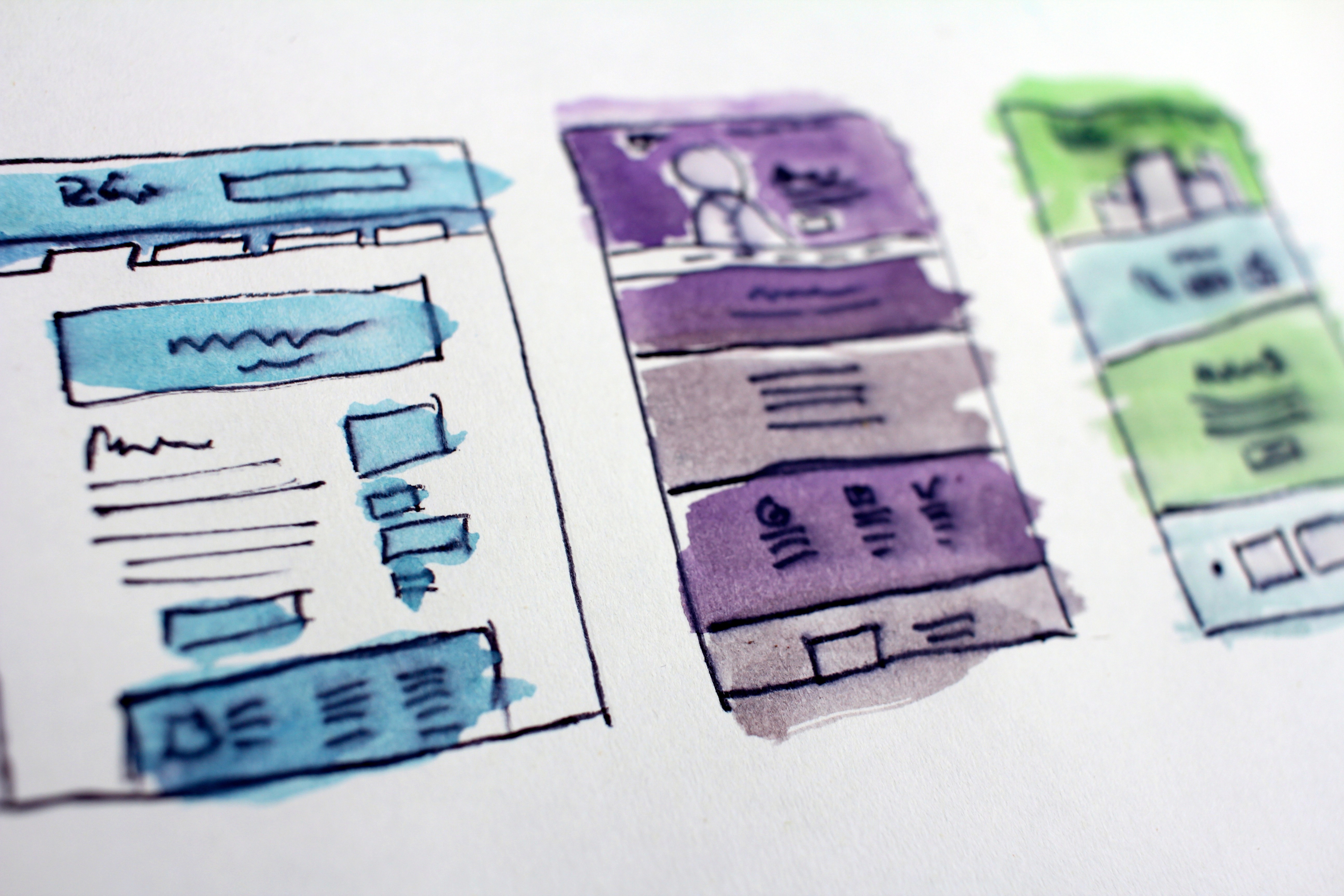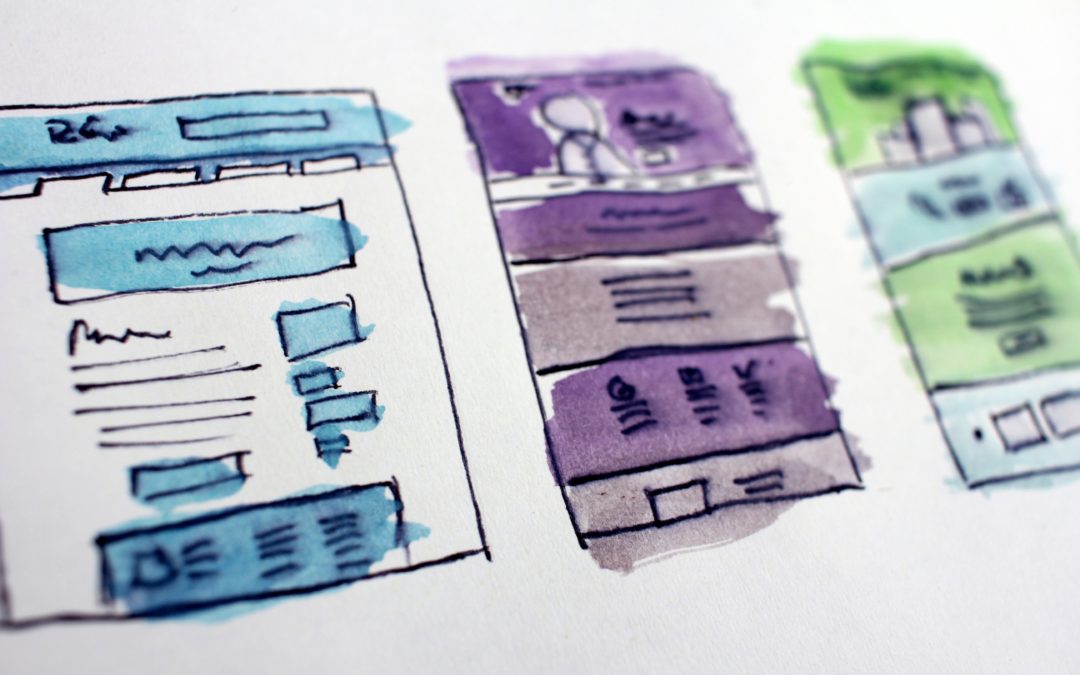
Glossary of Digital Agency Terms
If you’re working with an agency or are planning to partner with a digital partner who can help you enhance your online brand, there are many terms in the biz that you may want to know to better communicate with your team and take full advantage of. Here is Powered Labs’ crash course on marketing terminology that can guide your enterprise through the marketing process better.

(Everything you wanted to ask your marketing agency before, but were too shy to ask)
Agile Development – Software development requirements and solutions are formed and continually adjusted in a working environment. This is a form of incremental development as the project is being built. It is a collaborative process between the developers and the enterprise where the software is worked on in stages.
Artificial Intelligence (AI) – This is the art of the machine learning based on user behaviors. AI is a part of computer science that can draw conclusions based on human interaction, speech recognition, deep learning and problem-solving.
Bounce Rate – The percent of users who enter a landing page and then exit a website without visiting another page. The lower the percent the better.
Content Management System (CMS) – This is a tool used to manage and update digital content on a website. It allows multiple users the ability to update and create landing pages on a website and blog. It is a software platform used to upload, edit, and manage content displayed on a website.
Contextual Marketing – Delivering the right message at the right time in the right fashion is contextual marketing. It is the art of knowing a user’s behavior and preferences and serving them with an ad that speaks to the user and gives them something they will be interested in.
Cost Per Acquisition (CPA) – CPA is the cost it takes to generate a conversion. So, in other words, it is the total amount spent on the total conversions. This is a very important metric to ensure a positive and growing ROI.
Click-Thru Rate (CTR) – The percent of users who click on a listing or ad after seeing it.
Customer Relationship Management (CRM) – This is a platform used to store customer and potential customer information. It is a software that organizes customer relationships with a business. It focuses on customer retention and it is used to drive sales. It assists businesses to assess customer needs and caters to those needs while growing sales.
Domain Name System (DNS) – This is a combination of letters and numbers that make up a domain name. It is a system of databases that convert hostnames to IP addresses.
Geo-Targeting – This is a way for search engines to show listings to consumers that are in a specific region or area. Depending on where someone is searching and what they are searching for, the search engines want to deliver the more relevant results and geo-targeting assists them with this.
Hashtag (#) – This is a symbol # used before a word or group of words to assist people interested in certain topics. It is used on social media to group tweets into categories and makes content easier to find.
Impression – An impression is serving an ad to someone or showing someone an advertisement. They do not have to click the ad to count as an impression.
Landing Page – A page on a website designed with a very specific goal in mind like conversion. It contains relevant and useful content to match the user’s search.
Organic Listings – Listings in the search engine results page (SERP) which are natural. They are located under the paid ads and the map section of the SERP.
Pay Per Click (PPC) – Pay per click refers to the style of bidding on Google or Bing/Yahoo. You only pay when someone clicks your ad. Paid listings are above and at the bottom the organic listings.
Search Engine Marketing (SEM) – This is referred to when engaging in paid search engine advertising.
Search Engine Optimization (SEO) – Search engine optimization refers to performing tasks to gain rankings for keywords and keyword phrases that are relevant to a business. SEO is the art of tailoring website pages among other items to rank for keywords.
Universal Resource Locator (URL) – A domain name for a specific page on a website. It is a combination of letters, numbers, and symbols written together to be found online.
XML Sitemap – A list of all pages on a website created for robots/crawlers. This is created to easily find all content or pages of a website without finding it naturally.
Ask Us Anything
Do you have a term that you’ve heard before, perhaps being thrown around a conversation casually, but never understood what it meant?


